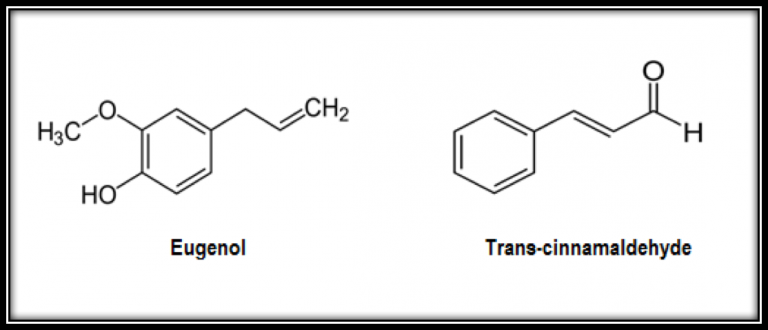
Essential oils and their constituents are flavouring agents that have been studied extensively as of late, due to their potential anti-microbial properties (Burt, 2004). However, at high concentrations, essential oils and their constituents impart off-flavours, which could be organoleptically unacceptable to consumers (Burt, 2004).
Fruits are full of beneficial compounds, such as carotenoids, flavonoids and phenolic compounds that have protective effects against chronic conditions; however, some of those compounds are heat labile and get degraded during thermal processing (Boyer and Liu, 2004; Chipurura, Muchuweti, and Manditsera 2010). Therefore, it is of utmost importance to develop novel, non-thermal processing methods for juices.
The primary objective of this research is to develop a novel preservation approach that employs natural acidification and essential oil constituent incorporation to optimize fruit juices in terms of microbial inactivation, sensory scores, and other important quality paramters.
References
Boyer, J., & Liu, R. H. (2004). Apple phytochemicals and their health benefits. Nutrition Journal, 3(1), 5-5.
doi:10.1186/1475-2891-3-5
Burt, S. (2004). Essential oils: Their antibacterial properties and potential applications in foods—a review.
Netherlands: Elsevier B.V. doi:10.1016/j.ijfoodmicro.2004.03.022
Chipurura, B., Muchuweti, M., & Manditsera, F. (2010). Effects of thermal treatment on the phenolic content and antioxidant activity of some vegetables. Asian Journal of Clinical Nutrition, 2(3), 93-100. doi:10.3923/ajcn.2010.93.100